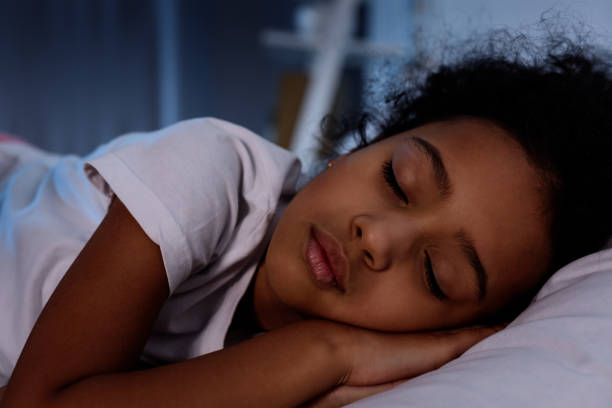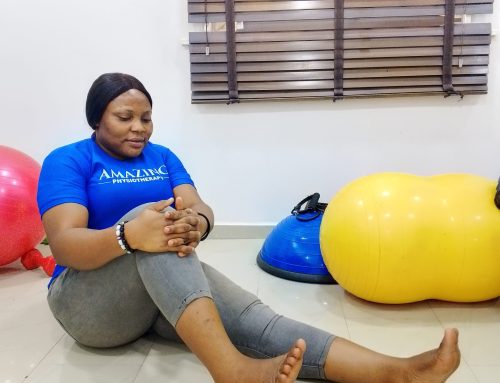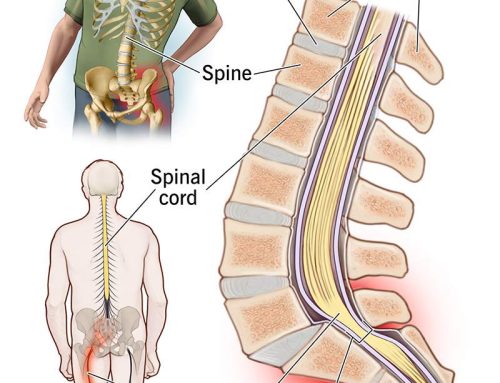Sleeping well directly affects your mental and physical health. Fall short and it can take a serious toll on your daytime energy, productivity, emotional balance, and even your weight. Yet many of us regularly toss and turn at night, struggling to get the sleep we need.
Getting a good night’s sleep may seem like an impossible goal when you’re wide awake at 3 a.m., but you have much more control over the quality of your sleep than you probably realize. Just as the way you feel during your waking hours often hinges on how well you sleep at night, so the cure for sleep difficulties can often be found in your daily routine.
Unhealthy daytime habits and lifestyle choices can leave you tossing and turning at night and adversely affect your mood, brain and heart health, immune system, creativity, vitality, and weight. But by experimenting with the following tips, you can enjoy better sleep at night, boost your health, and improve how you think and feel during the day.
-
Contents
Keep in Sync with Our Body’s Natural Sleep Cycle.
Getting in sync with your body’s natural sleep-wake cycle, or circadian rhythm, is one of the most important strategies for sleeping better. If you keep a regular sleep-wake schedule, you’ll feel much more refreshed and energized than if you sleep the same number of hours at different times, even if you only alter your sleep schedule by an hour or two.
-
Try to go to sleep and get up at the same time every day.
This helps set your body’s internal clock and optimize the quality of your sleep. Choose a bed time when you normally feel tired, so that you don’t toss and turn. If you’re getting enough sleep, you should wake up naturally without an alarm. If you need an alarm clock, you may need an earlier bedtime.
-
Be smart about napping.
While napping is a good way to make up for lost sleep, if you have trouble falling asleep or staying asleep at night, napping can make things worse. Limit naps to 15 to 20 minutes in the early afternoon.
-
Start the day with a healthy breakfast.
Amongst lots of other health benefits, eating a balanced breakfast can help sync up your biological clock by letting your body know that it’s time to wake up and get going. Skipping breakfast on the other hand, can delay your blood sugar rhythms, lower your energy, and increase your stress, factors that may disrupt sleep.
-
Fight after-dinner drowsiness.
If you get sleepy way before your bedtime, get off the couch and do something mildly stimulating, such as washing the dishes, calling a friend, or getting clothes ready for the next day. If you give in to the drowsiness, you may wake up later in the night and have trouble getting back to sleep.
-
Control Your Exposure to Light
Melatonin is a naturally occurring hormone controlled by light exposure that helps regulate your sleep cycle. Your brain secretes more melatonin when it’s dark—making you sleepy—and less when it’s light—making you more alert. However, many aspects of modern life can alter your body’s production of melatonin and shift your circadian rhythm. Here’s how to influence your exposure to light:
- Expose yourself to bright sunlight in the morning. The closer to the time you get up, the better. Have your coffee outside, for example, or eat breakfast by a sunny window. The light on your face will help you wake up
- Spend more time outside during daylight. Take your work breaks outside in sunlight, exercise outside, or walk your dog during the day instead of at night.
- Let as much natural light into your home or workspace as possible. Keep curtains and blinds open during the day, and try to move your desk closer to the window.
- If necessary, use a light therapy box. This simulates sunshine and can be especially useful.
At night
- Avoid bright screens within 1-2 hours of your bedtime. The blue light emitted by your phone, tablet, computer, or TV is especially disruptive. You can minimize the impact by using devices with smaller screens, turning the brightness down.
- Say no to late-night television. Not only does the light from a TV suppress melatonin, but many programs are stimulating rather than relaxing. Try listening to music or audio books instead.
- Don’t read with backlit devices. Tablets that are backlit are more disruptive than e-readers that don’t have their own light source.
- When it’s time to sleep, make sure the room is dark. Use heavy curtains or shades to block light from windows, or try a sleep mask. Also consider covering up electronics that emit light.
- Keep the lights down if you get up during the night. If you need some light to move around safely, try installing a dim nightlight in the hall or bathroom or using a small flashlight. This will make it easier for you to fall back to sleep.
-
Exercise During the Day.
People who exercise regularly sleep better at night and feel less sleepy during the day. Regular exercise also improves the symptoms of insomnia and sleep apnea and increases the amount of time you spend in the deep, restorative stages of sleep.
- The more vigorously you exercise, the more powerful the sleep benefits. But even light exercise—such as walking for just 10 minutes a day—improves sleep quality.
- It can take several months of regular activity before you experience the full sleep-promoting effects. So be patient and focus on building an exercise habit that sticks.
-
For Better Sleep, Time Your Exercise Right.
Exercise speeds up your metabolism, elevates body temperature, and stimulates hormones such as cortisol. This isn’t a problem if you’re exercising in the morning or afternoon, but too close to bed and it can interfere with sleep.
Try to finish moderate to vigorous workouts at least three hours before bedtime. If you’re still experiencing sleep difficulties, move your workouts even earlier. Relaxing, low-impact exercises such as yoga or gentle stretching in the evening can help promote sleep.
-
Be Smart About What You Eat and Drink.
Your daytime eating habits play a role in how well you sleep, especially in the hours before bedtime.
- Focus on a heart-healthy diet. It’s your overall eating patterns rather than specific foods that can make the biggest difference to your quality of sleep, as well as your overall health. Eating a Mediterranean-type diet rich in vegetables, fruit, and healthy fats—and limited amounts of red meat—may help you to fall asleep faster and stay asleep for longer.
- Cut back on sugary foods and refined carbs. Eating lots of sugar and refined carbs such as white bread, white rice, and pasta during the day can trigger wakefulness at night and pull you out of the deep, restorative stages of sleep.
- Limit caffeine and nicotine. You might be surprised to know that caffeine can cause sleep problems up to ten to twelve hours after drinking it! Similarly, smoking is another stimulant that can disrupt your sleep, especially if you smoke close to bedtime.
- Avoid big meals at night. Try to make dinnertime earlier in the evening, and avoid heavy, rich foods within two hours of bed. Spicy or acidic foods can cause stomach trouble and heartburn.
- Avoid alcohol before bed. While a nightcap may help you relax, it interferes with your sleep cycle once you’re out.
Avoid drinking too many liquids in the evening. Drinking lots of fluids may result in frequent bathroom trips throughout the night.
For anyone who is suffering with niggling pain, terrible mobility and worried about losing their ability to work, play with the your children, grandchildren or remain independent in future, now is a perfect time to start physiotherapy.
With our limited time offer, you can get a massive 30% off your first assessment plan, and begin your journey to ending the aches and pains that you’ve put up with for months (if not years).
Our team can give you fast results to end your pain, so you can make the most of the upcoming summer and spend it with your family and friends doing the things you love.
Book For A Consultantion Today to find out whether physio is right for you…
Or
If you want to get started straight away, Enquire now!






Leave A Comment